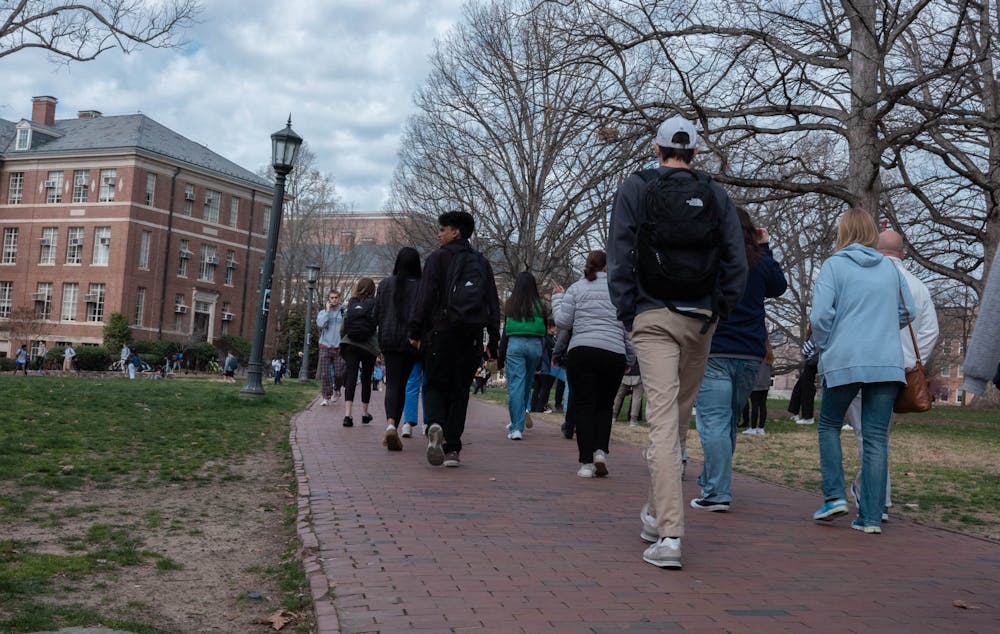The IDEAs in Action curriculum, which started in the 2022 fall semester for first-year and transfer students, will be continued into the next academic year alongside additions to the current requirements.
Replacing the previous Making Connections General Education curriculum adopted in 2006, IDEAs in Action aims to create lifelong learners, according to the University's website.
Various first-year requirements were added under IDEAs in Action. These include a Triple-I (Ideas, Information and Inquiry) course and co-requisite Data Literacy Lab, a College Thriving class and a First-Year Seminar or First-Year Launch.
Triple-I is a First-Year Foundations course where three professors from different departments teach on a common theme. The Data Literacy Lab is an asynchronous one-credit course, giving students the opportunity to work with data sets that align with their Triple-I course, according to the IDEAs in Action website.
Nick Siedentop, the curriculum director at the Office of Undergraduate Curricula, said that students in Triple-I appreciated the exposure to various disciplines.
While 14 different Triple-I courses were offered during the 2022-23 school year, he said that 16 courses will be offered during the next academic year.
“I think what's going to be interesting is to see how this might change what a student goes on to pursue, what kinds of courses they end up taking in their second year or third year or what majors or minors they're interested in and pursue,” Siedentop said. “We're going to keep making sure we're tracking that information to see where students go after this type of experience.”
However, Siedentop said there are areas in the curriculum that can continue to grow and improve.
He said that a workshop will be hosted this summer for instructors who will be teaching Triple-I courses in the fall to identify activities that better connect courses to learning outcomes. Potential improvements include better standardization among the Triple-I sections and stronger connections between the Triple-I topics and Data Literacy Lab data sets.




